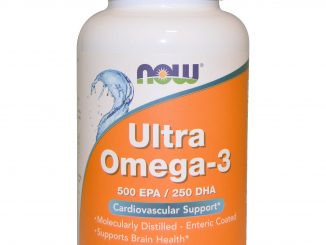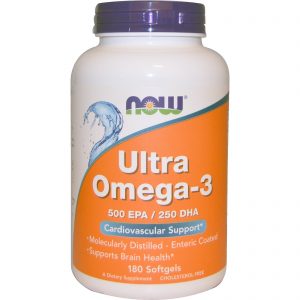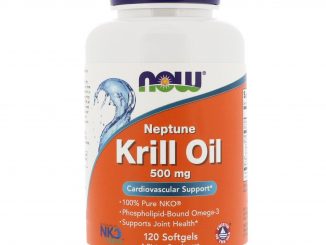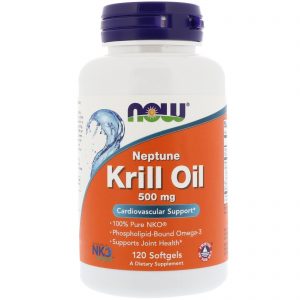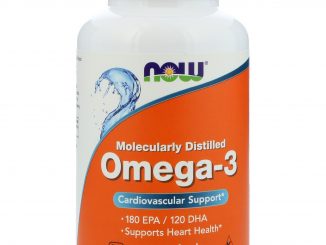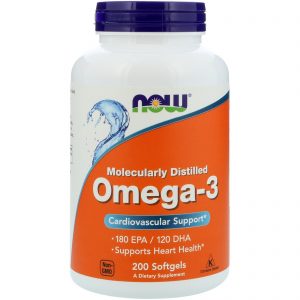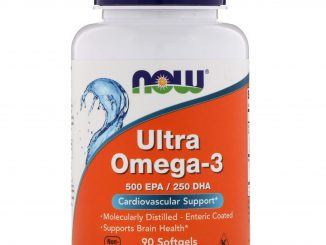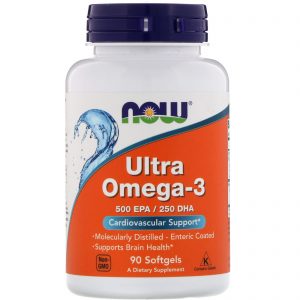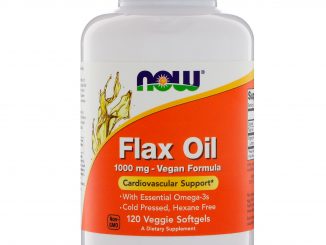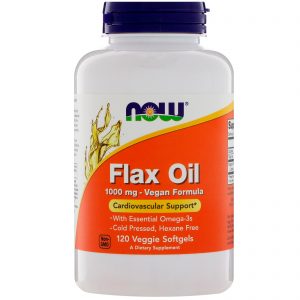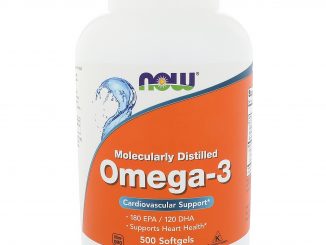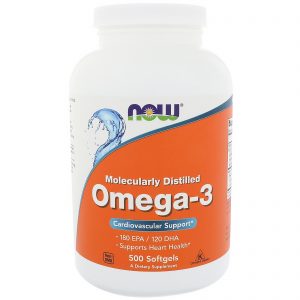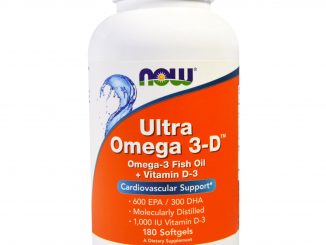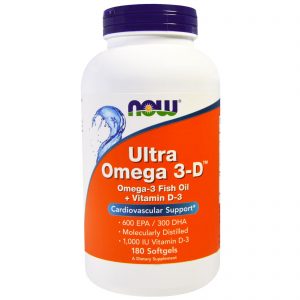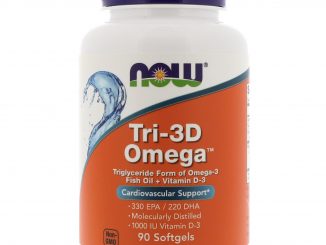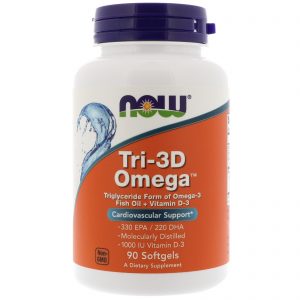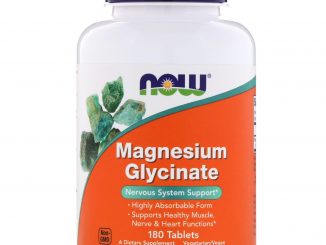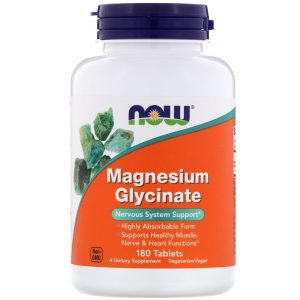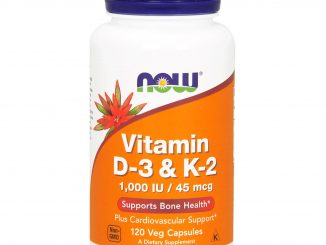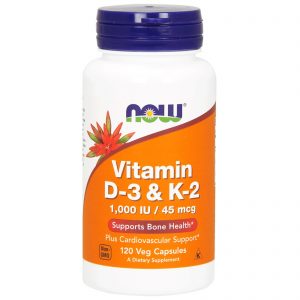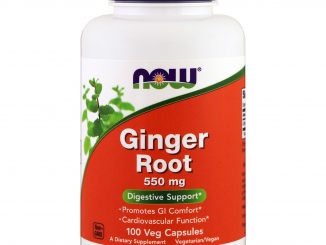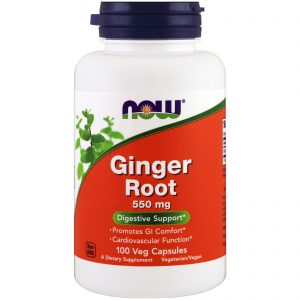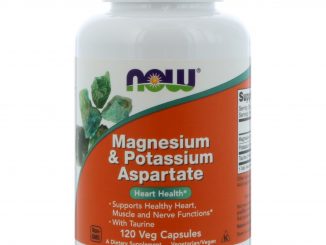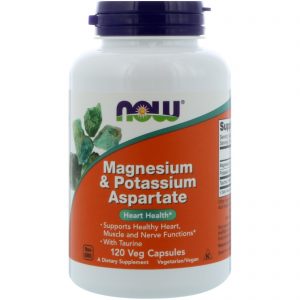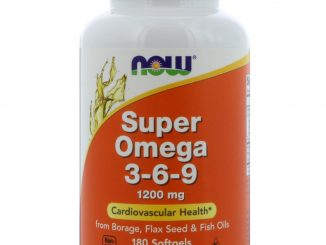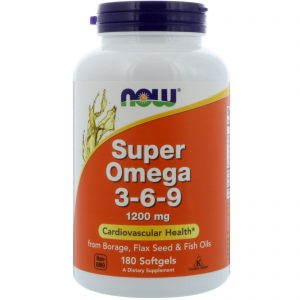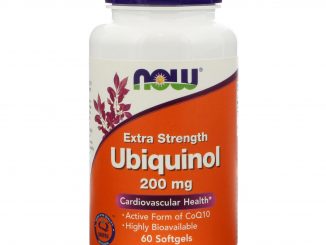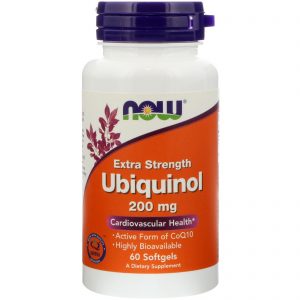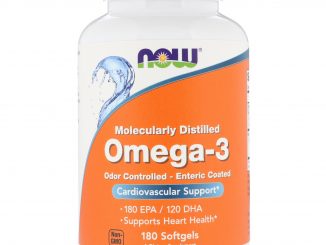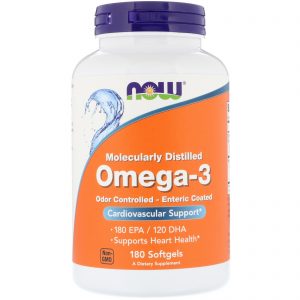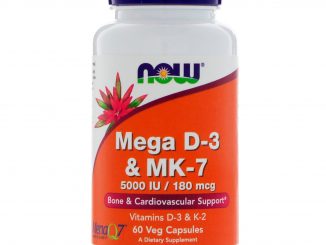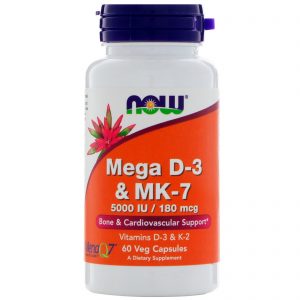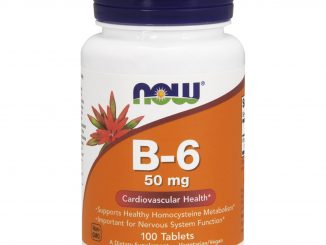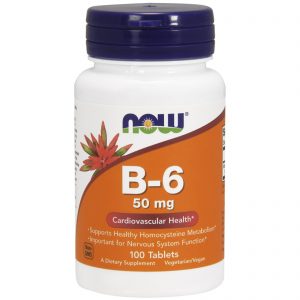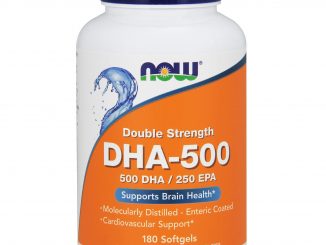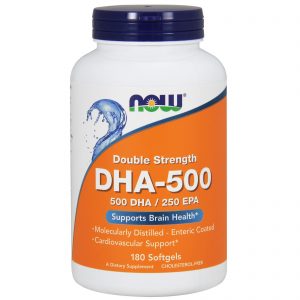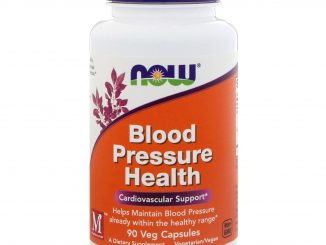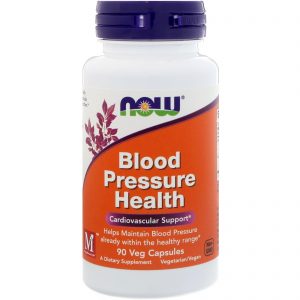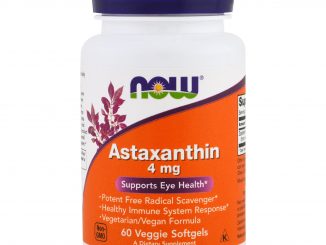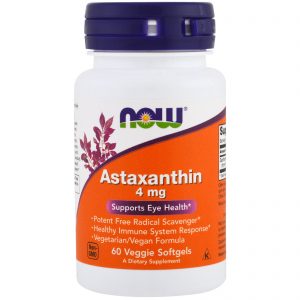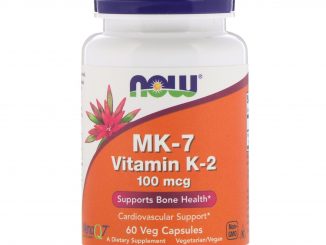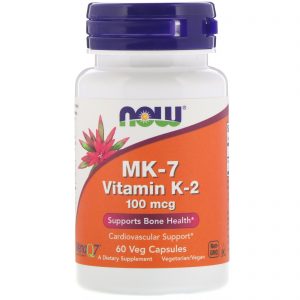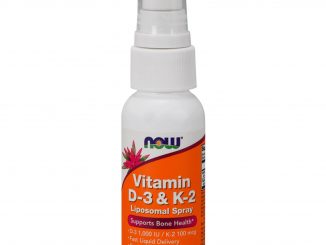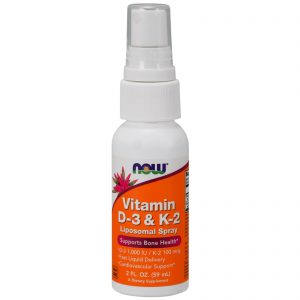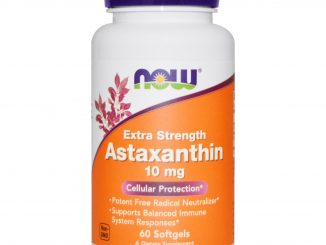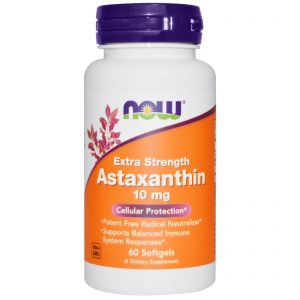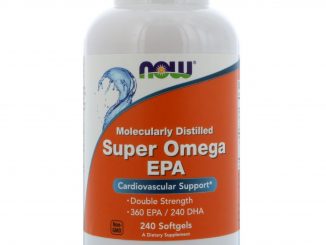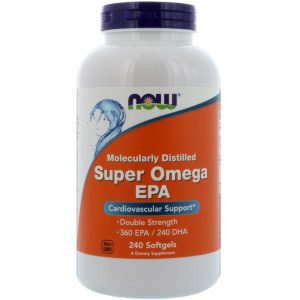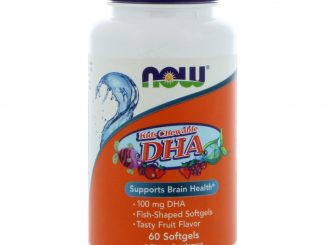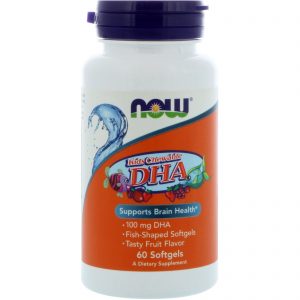Heart Health - References & External links
The references to scientific articles about Heart Health are not meant to imply that any products treat, cure, or diagnose any disease or human condition. We encourage our audience to do their own research beyond the resources we have provided so your decision is as educated as possible.
- The properties of Camellia Sinensis improving Heart Health:
- WOLFRAM, Swen. Effects of green tea and EGCG on cardiovascular and metabolic health. Journal of the American College of Nutrition, 2007, 26.4: 373S-388S. PMID:17906191
- The properties of Ginkgo Biloba improving Heart Health:
- WANG, J.; YANG, Q.; LI, Q.; HAO, S.; REN, M. Ginkgo Biloba L. Extract Reduces H2O2-Induced Bone Marrow Mesenchymal Stem Cells Cytotoxicity by Regulating Mitogen-Activated Protein Kinase (MAPK) Signaling Pathways and Oxidative Stress. Medical science monitor: international medical journal of experimental and clinical research, 2018, 24: 3159. PMID:29758019
CONCLUSIONS: Our findings suggested that EGB and EGB CS have protective effect on BMSCs against oxidative stress injury and increase the survival rate of BMSCs transplantation by regulating p38MAPK and JNK signaling.
- WANG, J.; YANG, Q.; LI, Q.; HAO, S.; REN, M. Ginkgo Biloba L. Extract Reduces H2O2-Induced Bone Marrow Mesenchymal Stem Cells Cytotoxicity by Regulating Mitogen-Activated Protein Kinase (MAPK) Signaling Pathways and Oxidative Stress. Medical science monitor: international medical journal of experimental and clinical research, 2018, 24: 3159. PMID:29758019
- The properties of Lycopene improving Heart Health:
- CHENG, Ho Ming; et al. Tomato and lycopene supplementation and cardiovascular risk factors: A systematic review and meta-analysis. Atherosclerosis, 2017, 257: 100-108. PMID:28129549
CONCLUSIONS: The available evidence on the effects of tomato products and lycopene supplementation on CV risk factors supports the view that increasing the intake of these has positive effects on blood lipids, blood pressure and endothelial function. These results support the development of promising individualised nutritional strategies involving tomatoes to tackle CVD. - BURTON-FREEMAN, Britt M.; SESSO, Howard D. Whole food versus supplement: comparing the clinical evidence of tomato intake and lycopene supplementation on cardiovascular risk factors. Advances in Nutrition, 2014, 5.5: 457-485. PMID:25469376
- MCENENY, Jane; et al. Lycopene intervention reduces inflammation and improves HDL functionality in moderately overweight middle-aged individuals. The Journal of nutritional biochemistry, 2013, 24.1: 163-168. PMID:22819555
- GAJENDRAGADKAR, Parag R.; et al. Effects of oral lycopene supplementation on vascular function in patients with cardiovascular disease and healthy volunteers: a randomised controlled trial. PloS one, 2014, 9.6: e99070. PMID:24911964
CONCLUSIONS: Lycopene supplementation improves endothelial function in CVD patients on optimal secondary prevention, but not in HVs. TRIAL REGISTRATION: ClinicalTrials.gov NCT01100385.
- CHENG, Ho Ming; et al. Tomato and lycopene supplementation and cardiovascular risk factors: A systematic review and meta-analysis. Atherosclerosis, 2017, 257: 100-108. PMID:28129549
- The properties of Lycopersicon Esculentum improving Heart Health:
- CHENG, Ho Ming; et al. Tomato and lycopene supplementation and cardiovascular risk factors: A systematic review and meta-analysis. Atherosclerosis, 2017, 257: 100-108. PMID:28129549
CONCLUSIONS: The available evidence on the effects of tomato products and lycopene supplementation on CV risk factors supports the view that increasing the intake of these has positive effects on blood lipids, blood pressure and endothelial function. These results support the development of promising individualised nutritional strategies involving tomatoes to tackle CVD. - BURTON-FREEMAN, Britt M.; SESSO, Howard D. Whole food versus supplement: comparing the clinical evidence of tomato intake and lycopene supplementation on cardiovascular risk factors. Advances in Nutrition, 2014, 5.5: 457-485. PMID:25469376
- CHENG, Ho Ming; et al. Tomato and lycopene supplementation and cardiovascular risk factors: A systematic review and meta-analysis. Atherosclerosis, 2017, 257: 100-108. PMID:28129549
- The properties of Magnesium improving Heart Health:
- SHECHTER, Michael. Magnesium and cardiovascular system. Magnesium research, 2010, 23.2: 60-72. PMID:20353903
- The properties of Vitamin K1 improving Heart Health:
- SHEA, M. K.; et al. Vitamin K status and mobility limitation and disability in older adults: The Health, Aging, and Body Composition Study. The Journals of Gerontology: Series A, 2019, 2019: . PMID:31056634
CONCLUSION: Our results suggest vitamin K may be involved in the disablement process in older age. Future studies are needed to confirm our findings and clarify the underlying mechanism.
- SHEA, M. K.; et al. Vitamin K status and mobility limitation and disability in older adults: The Health, Aging, and Body Composition Study. The Journals of Gerontology: Series A, 2019, 2019: . PMID:31056634
- The properties of L-Leucine improving Heart Health:
- YANG, Ying; et al. L-Leucine and NO-mediated cardiovascular function. Amino Acids, 2015, 47.3: 435-447. PMID:25552397
- ENGIN, Atilla. Adiponectin-resistance in obesity. Obesity and Lipotoxicity. Springer, Cham, 2017, 2017: 415-441. PMID:28585210
- The properties of Taurine improving Heart Health:
- AHMADIAN, Mehdi; DABIDI ROSHAN, Valiollah; ASHOURPORE, Eadeh. Taurine Supplementation Improves Functional Capacity, Myocardial Oxygen Consumption, and Electrical Activity in Heart Failure. Journal of dietary supplements, 2017, 14.4: 422-432. PMID:28118062
CONCLUSIONS: Taurine significantly enhanced the physical function and significantly reduced the cardiovascular function parameters following exercise. Our results also suggest that the short-term taurine supplementation is an effective strategy for improving some selected hemodynamic parameters in heart failure patients. Together, these findings support the view that taurine improves cardiac function and functional capacity in patients with heart failure. This idea warrants further study. - AHMADIAN, Mehdi; et al. Taurine supplementation has anti-atherogenic and anti-inflammatory effects before and after incremental exercise in heart failure. Therapeutic advances in cardiovascular disease, 2017, 11.7: 185-194. PMID:28580833
CONCLUSIONS: Our results suggest that 2 weeks of oral taurine supplementation increases the taurine levels and has anti-atherogenic and anti-inflammatory effects prior to and following incremental exercise in HF patients.
- AHMADIAN, Mehdi; DABIDI ROSHAN, Valiollah; ASHOURPORE, Eadeh. Taurine Supplementation Improves Functional Capacity, Myocardial Oxygen Consumption, and Electrical Activity in Heart Failure. Journal of dietary supplements, 2017, 14.4: 422-432. PMID:28118062


























































